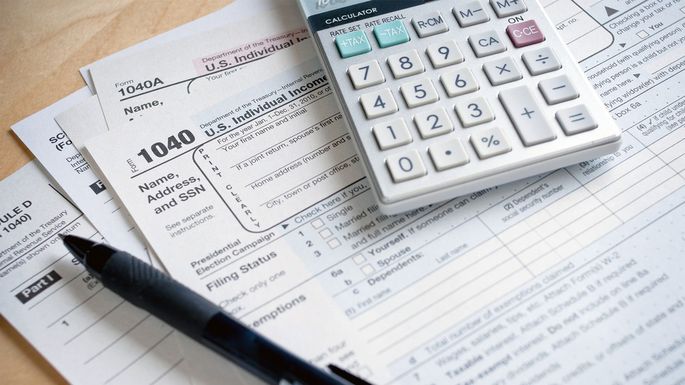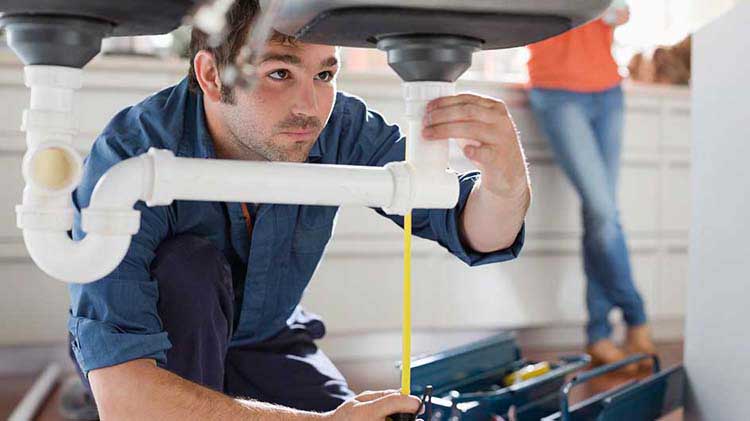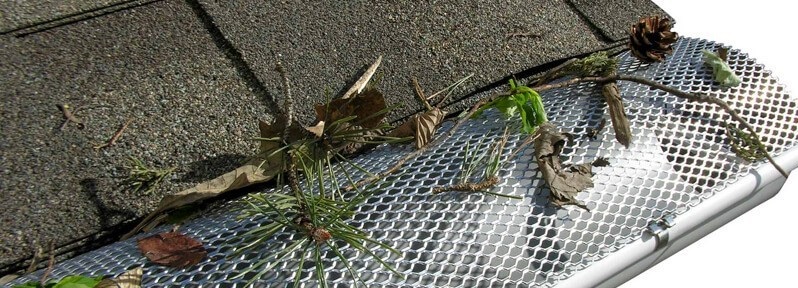How Long Will Your Home Last?

Unless you’re buying a newly constructed home, you should be aware in your new abode of the ages of different elements. The National Homebuilders Association conducted a survey of different manufacturers to determine just how long components of a house lasted with normal use. This information can be a very useful guide to every homeowner:
General House Components
-
- Masonry, including foundations, chimneys and fireplaces can last over 100 years. If you live in an older or historic home, pay close attention to and repair damage to mason work, especially if it’s in the foundation.
-
- A house with good bones can last an indefinite amount of time, which is evident when you tour historic neighborhoods. The framing and roof trusses of a house can last many years with proper care.
-
- The lifespan of your roof depends on the material; shingles are made to last 20-30 years, determined by material make-up, and stronger materials such as copper and slate can last up to fifty years.
-
- Most exteriors, vinyl, wood, stucco, etc., and interior walls that are well-maintained can last the life of the house. Wooden windows have a life expectancy of 30 years, while aluminum windows will survive 15-20 years.
-
- Floors are normally made of strong wood or wood composites and should last upwards of fifty years.
Kitchen
-
- Your cabinetry takes a lot of abuse, but well-constructed cabinets will last fifty years.
-
- The sink’s lifespan depends on the material, and can last a lifetime. Faucets, however, will work well for fifteen years or so before needing work or replacement.
-
- A dishwasher used regularly will function well for about nine years.
-
- A gas stove seems to last longer than electric ranges, about fifteen years versus thirteen years.
Bathroom
-
- Toilets, bathtubs and sink are made to last a lifetime, even though some of the working part need work or replacement over that lifetime.
-
- If your tub is enclosed with shower doors, they should serve you well for twenty years.
-
- A tub with jets will last at least twenty years, once again, depending on use.
Major Appliances
-
- The whole-house system you use to heat and cool should give fifteen years of service before needing some attention or replacement parts.
-
- You can expect your hot water heater to last about ten years, but a tankless heater can last twice that long.
-
- Most washers and dryers will do your laundry for up to ten years.
There are many more components to your new house, and MetroHome’s website offers the full NAHB survey including doors, paint, and specific types of flooring, among other things. If you’re not sure of the age of an item in your home, call a trustworthy expert who can inspect and offer some advice. A well-taken care of home can last many years, and not only maintain its value, but shelter you and yours for a lifetime.
Courtesy of New Castle County DE Realtor Tucker Robbins.










